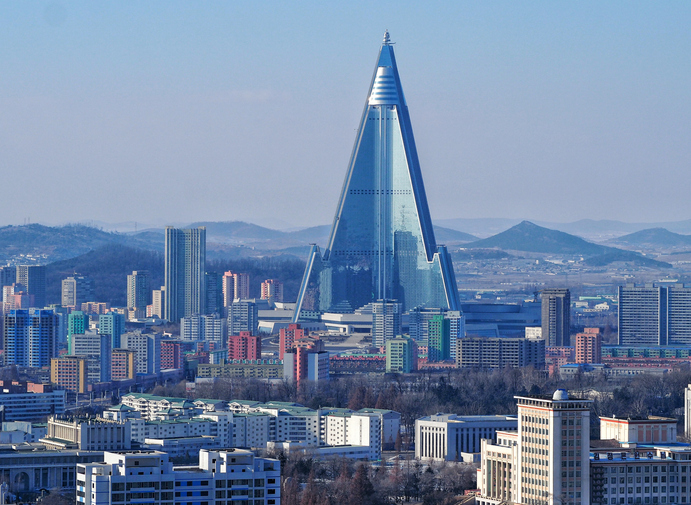
In contrast to its open hostility toward the US, North Korea has been doubling down on English education in its public schools under the leadership of Kim Jong Un, according to North Korean internal documents, textbooks, and other educational materials reviewed by VOA’s Korean Service.
North Korea is typically wary of American influence flowing into the country, warning its citizens against “a rotten Yankee culture.” The isolated country’s state-run media, however, is touting the value of English language education.
North Korea’s Korean Central Television last month aired clips of interviews with North Korean teachers stressing the importance of English education.
“Respected Comrade Kim Jong Un has told us in particular about strengthening education in computer technology and foreign language,” Ahn Sung Ae, principal of Pyongyang’s Sangshin Middle School, said in one of the clips. “In the education contents, including the foreign language, we are encouraged to teach the students in a more practical manner.”
The state-run television network also ran footage of a new “English learning room” for students at public schools.
Kim, who came to power in late 2011, overhauled the country’s education system by increasing the duration of compulsory schooling from eleven years to twelve years, starting in 2013.
North Korea’s four-year elementary school system converted to a five-year system, allowing children to begin learning English at an earlier age.
“I began to learn English when I was in the middle school. Later, there was some debate over the effectiveness of the early learning in English,” Ye Eun Lee, who defected from North Korea in 2019 when she was 19, told VOA’s Korean Service.
“And they changed the policy and started to teach English in elementary schools.”
The twelve-year Compulsory Education Code, reviewed by VOA’s Korean Service, stated that English language education should be strengthened “in order to widely adopt the advanced global technologies, and develop international exchanges and cooperation in the field of science and culture.”
The code, published in 2013 by North Korea’s Education Commission, underscored that the purpose of learning English is to actually use the language in real life, requiring students to put more effort into practice.
In the Kim Jong Un era, English has become an essential means to benefit from developments in global business and technology.
Lee Hyun Seung, a North Korean escapee and former chair of the Kim Il Sung Socialist Youth League branch in Dalian, China, told VOA’s Korean Service that one of the reasons behind Kim Jong Un’s push for English use was linked to the advancement of technology.
“You need to know English to learn about information technology,” said Hyung Seung, who now lives in the US.
Accordingly, North Korea’s English language education has increasingly focused on enhancing pragmatic skills.
Source: Voice of America (www.voanews.com)






